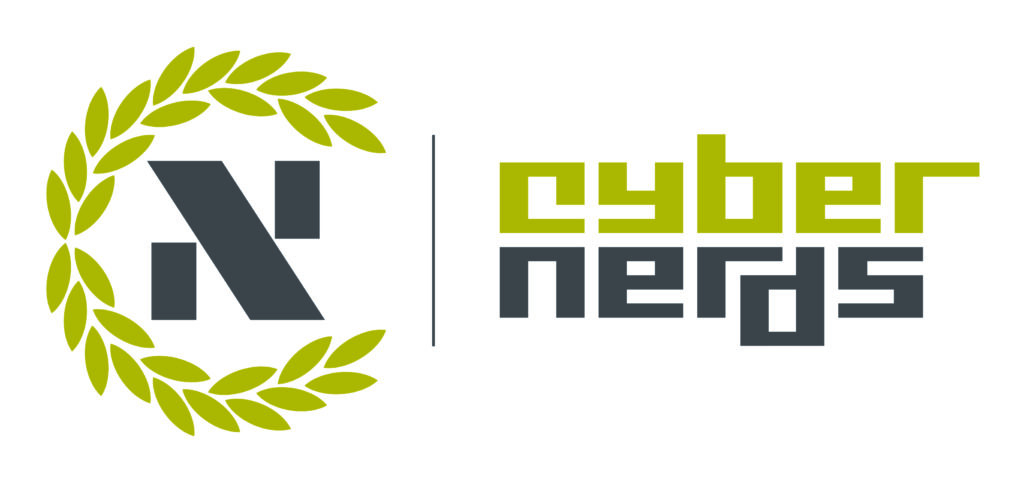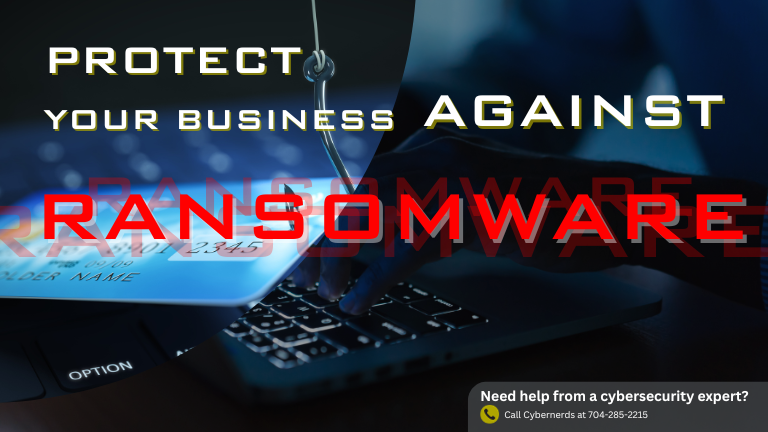Email has become an essential tool for communication and collaboration in modern businesses. However, with the increasing number of cyber-attacks and data breaches, it’s crucial for companies to take proactive measures to protect their sensitive information and communications. In this blog post, we’ll explore why email security is essential for businesses today, the risks associated with unsecured email, and what measures can be taken to ensure the security of email communications.
The Risks of Unsecured Email
As email has become a fundamental part of modern business communication, it has also become a common method used by hackers to gain access to a company’s sensitive data. Email-based cyber attacks such as phishing, malware, and ransomware can have devastating consequences for a business. These attacks can result in data breaches, loss of intellectual property, and damage to a company’s reputation.
Phishing is a type of email-based attack where the attacker disguises themselves as a legitimate entity, such as a bank or a government agency, in order to trick the recipient into providing sensitive information. Malware, short for malicious software, is a type of software specifically designed to harm or exploit a computer or network. Ransomware is a type of malware that encrypts a victim’s files and demands a ransom payment in exchange for the decryption key.
These types of attacks can cause significant financial losses and damage to a company’s reputation. A data breach can result in the loss of sensitive information, such as personal data of customers or employees, trade secrets, and financial data. Loss of intellectual property can lead to the loss of competitive advantage and damage to a company’s brand.
Why Email Security is Essential
To protect against these threats, businesses must implement robust email security measures. These measures can include encryption, authentication, and spam filters. Encryption is a process that encodes email messages, making them unreadable to anyone other than the intended recipient. Authentication is a process that verifies the identity of the sender, ensuring that the email is not a phishing attempt. Spam filters are software that can identify and block unwanted email messages, such as those containing malware or phishing links.
Encryption: The Key to Protecting Sensitive Information
Encryption is a critical measure for protecting sensitive information from unauthorized access. By encrypting email messages, businesses can ensure that the contents of the message remain private and only accessible to the intended recipients. This is especially important for businesses that handle sensitive information, such as financial institutions and healthcare providers.
Encryption can be applied to both the body of the email and any attachments. One of the widely used encryption methods is Transport Layer Security (TLS), which encrypts email messages in transit and ensures that the contents of the message cannot be intercepted by unauthorized parties. Another widely used method is the Secure/Multipurpose Internet Mail Extension (S/MIME) which allows for the encryption of individual email messages and digital signatures to authenticate the identity of the sender.
Authentication: Verifying the Identity of the Sender
Authentication is also an important measure for protecting against phishing attacks. By verifying the identity of the sender, businesses can ensure that the email is not a phishing attempt. This can be done using techniques such as sender policy framework (SPF) and domain-based message authentication, reporting, and conformance (DMARC)
SPF is a technique that allows a domain owner to specify which mail servers are authorized to send emails on behalf of their domain. DMARC is an extension of SPF that allows domain owners to specify a policy for handling email messages that fail SPF or DKIM (DomainKeys Identified Mail) checks. By implementing these techniques, businesses can ensure that only legitimate emails are delivered to their inboxes, reducing the risk of phishing attacks.
Spam Filters: Protecting Against Unwanted Emails
Spam filters are an essential measure for protecting against malware and other unwanted email messages. By identifying and blocking unwanted email messages, businesses can prevent the spread of malware and protect their networks from potential attacks.
Spam filters use a variety of techniques to identify and block unwanted email messages, such as analyzing the content of the email, the sender’s reputation, and the message’s header information. Some spam filters also use machine learning algorithms to adapt to new types of spam and improve their accuracy over time.
Compliance with Regulations
Another important aspect of email security is compliance with regulations. Many businesses are subject to regulations such as HIPAA and PCI-DSS, which require them to protect sensitive information such as personal health information and credit card data. Email security measures can help businesses meet these regulatory requirements and avoid costly fines.
HIPAA, the Health Insurance Portability and Accountability Act, requires healthcare providers and their business associates to protect personal health information (PHI). This includes email communications containing PHI. PCI-DSS, the Payment Card Industry Data Security Standard requires businesses that accept credit card payments to protect sensitive financial data. Both of these regulations require businesses to implement robust security measures, including encryption and authentication, to protect sensitive information.
How You Can Enhance Your Email Security?
Adopting a cloud email monitoring solution can help protect businesses from email security threats by providing several key features. These can include:
- Real-time monitoring of email traffic to detect and block malicious messages and attachments.
- Continuous scanning of all emails and attachments for malware, viruses, and other malicious content.
- Advanced filtering options to identify and block phishing emails, spam, and other unwanted messages.
- Automated incident response and quarantine feature to contain and neutralize threats before they can cause damage.
- Integration with other security tools and systems to provide a comprehensive security solution.
- Providing detailed reports and alerts to help businesses stay informed about potential threats and take action to prevent them.
Overall, a cloud email monitoring solution can provide an extra layer of security for businesses that rely heavily on email as a means of communication and transactions. It can help protect against a wide range of email-based threats and minimize the risk of data breaches and other security incidents.
Conclusion
Email security is essential for businesses today. With the ever-evolving cyber-threat landscape, businesses must continuously monitor, assess and update their email security measures to protect their networks and sensitive information. By implementing robust email security solutions with measures such as encryption, authentication, and spam filters and staying compliant with regulations, businesses can protect their sensitive information and communications and ensure the security and integrity of their organization.
At Cybernerds, we help businesses implement email security solutions to protect them from a wide range of email-based threats, including spam, phishing, malware, and other malicious content. Reach out to us to see how we can help you.




